News
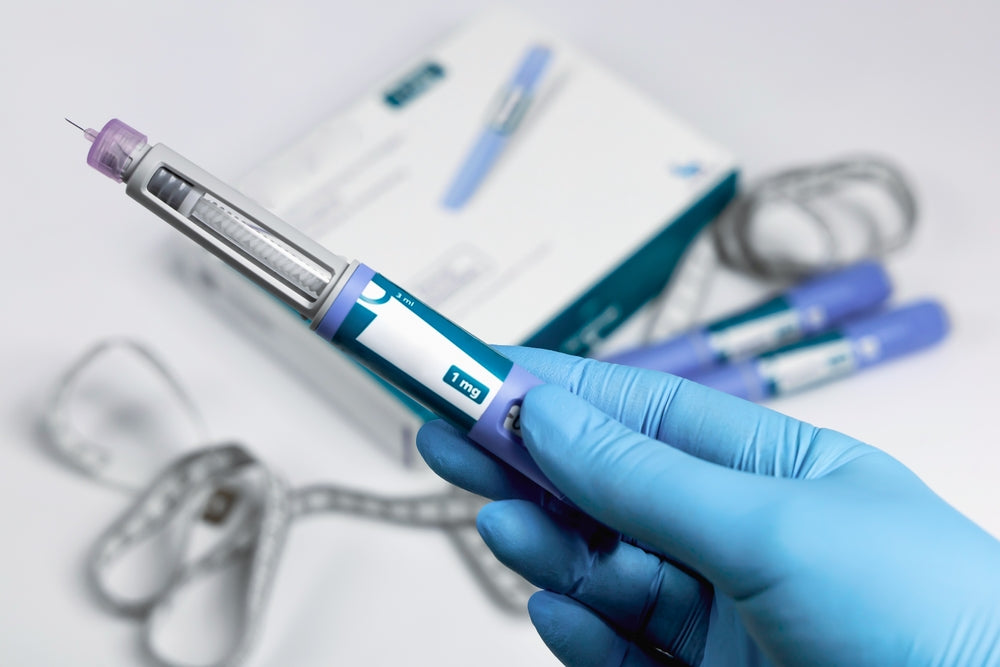
diabetes
Popular diabetes and weight loss drug linked to double the risk of developing neovascular macular degeneration
Semaglutide, a popular diabetes and weight loss drug, has been found to double the risk of developing neovascular age-related macular degeneration (nAMD) in older patients with diabetes.

bevacizumab
HIV drug improves vision for Diabetic Macular Edema patients
Researchers are hopeful that Iamivudine, an inexpensive, oral drug that has been used to treat HIV, may be a cost-effective and non-invasive therapy for patients.
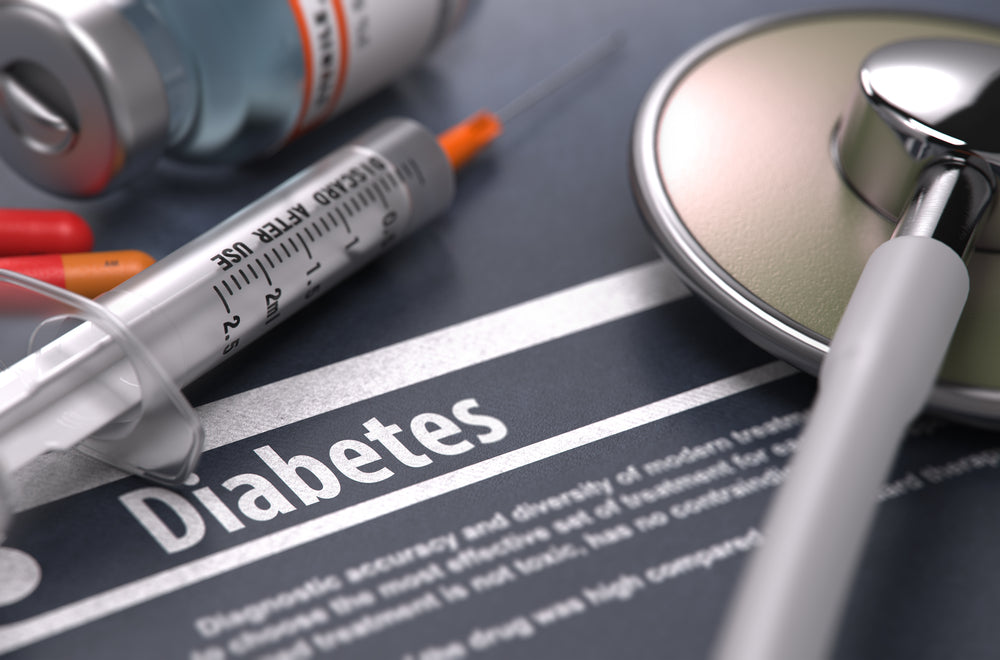
cataract surgery
Risk of diabetic retinopathy progression linked to cataract surgery
Health record data was evaluated by researchers looking for the potential risk of diabetic retinopathy progression following non-complex cataract surgery.
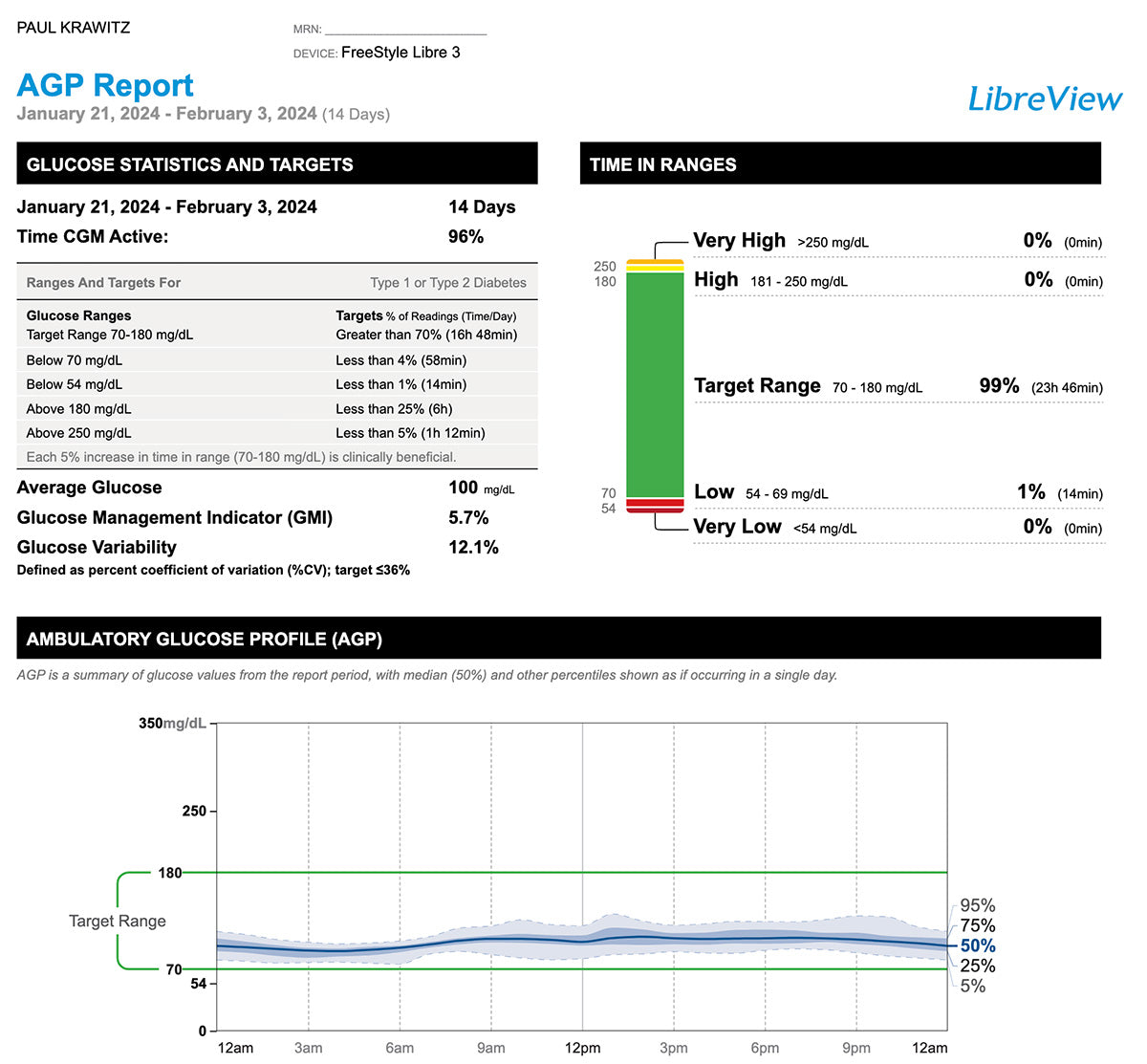
cgm
Turning 65 - Part 4 - The Case for Monitoring Glucose
I discovered using a CGM that I am "Glucose Intolerant." While my fasting blood sugars were normal and steady, some foods triggered my body's glucose to rise far above the normal limit of 140 for n...

artificial sweeteners
How did we become Sugar Addicts?
If sugar is the basic building block that supplies the brain and body with energy, why is it so unhealthy?
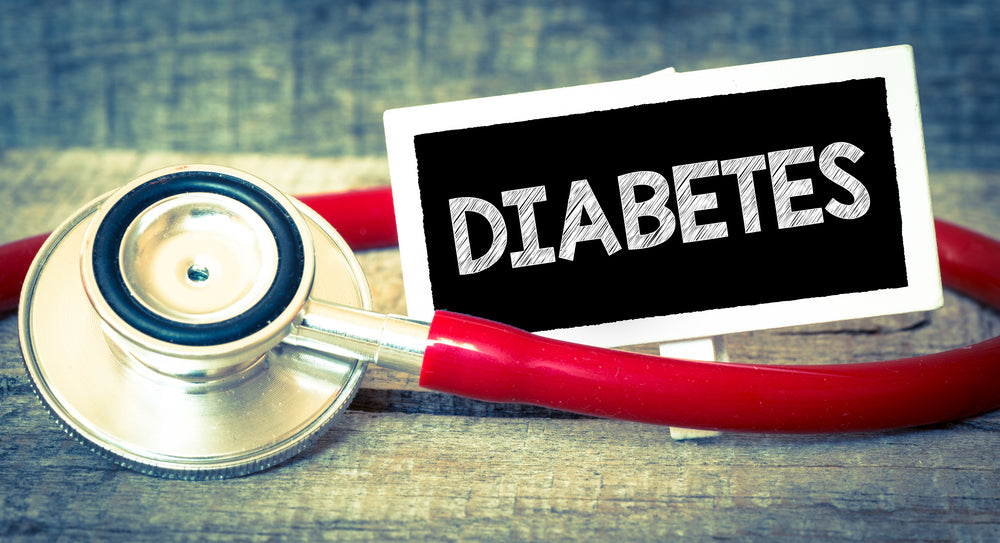
cataract surgery
5 Ways Vision is Affected by Diabetes
It's critical that diabetic patients understand how the disease could affect the eyes.
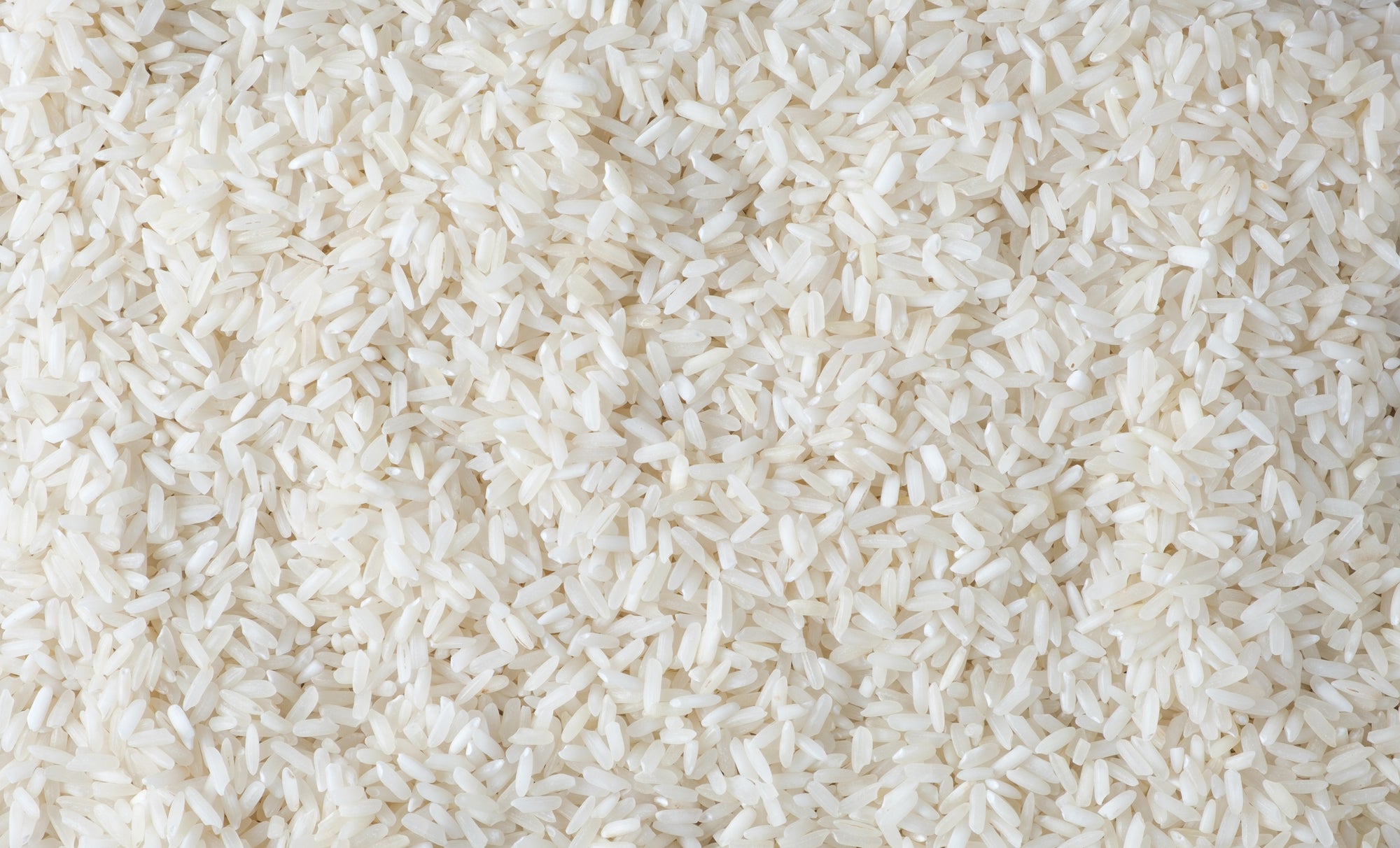
blood sugar
Start this One Healthy Eating Habit Today
Here’s one thing you can start today for better eye and body health: Reduce foods with a high glycemic index (GI).

AREDS 2
Why Feedback Loops are so Important for Medications and Supplements
Humans are animals that are motivated by reward. So why is this "feedback loop" so important in being compliant with medications and supplements?

astigmatism
Diabetic moms have higher risk of babies that will need eyeglasses
Denmark researchers recently completed a study to determine if maternal diabetes increases the risk of needing eyeglasses in their children.
